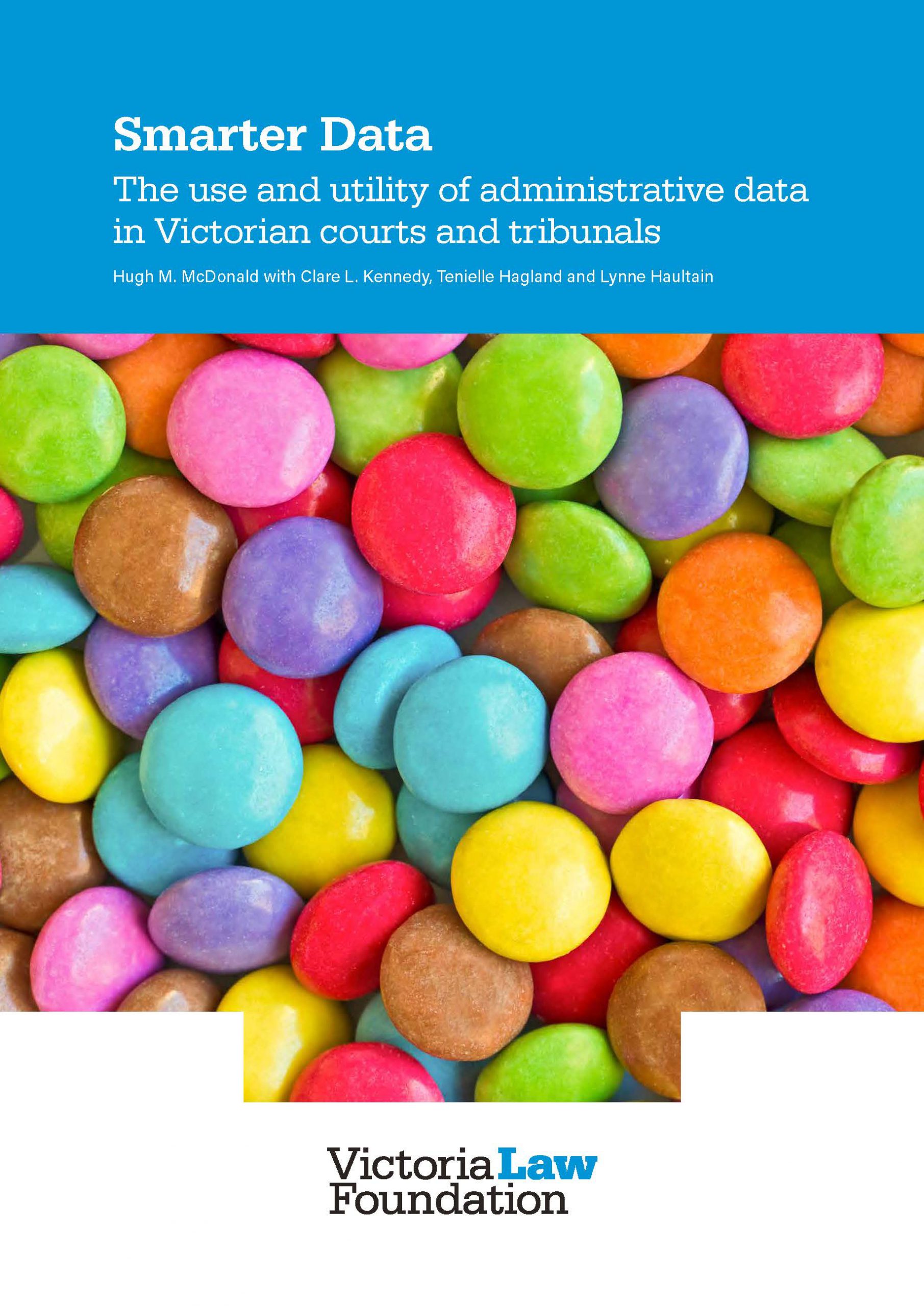Data mapping project: Smarter data
The use and utility of administrative data in Victorian Courts and Tribunals
Smarter data: the use and utility of administrative data in Victorian courts and tribunals is the second report in the Data Mapping Project.
Administrative data collected by courts and tribunals
Semi-structured interviews were conducted with staff from five Victorian courts and tribunals about the data they collect and use for civil matters. We also reviewed documentation supplied by participants and publicly available documents, such as annual reports and strategic plans. Australian and international literature was also reviewed to identify access to civil justice questions; the role of administrative data in monitoring and answering those questions; and to canvas developments in court and tribunal administrative data practices.
Mapping justice
Victoria Law Foundation’s Data Mapping Project examines how administrative data is collected and used in the Victorian civil justice system. The project investigates what data is available, its accuracy and consistency, how data is used and what needs to be done to improve its utility for addressing access to justice questions.
The project is in three stages. The first explores administrative data collected in the legal assistance sector. The second covers courts and tribunals, and the third will examine other dispute resolution and complaint bodies.
Key findings
Use of data and overcoming limitations
Data was used for a variety of purposes by courts and tribunals including operational (reporting, planning, and performance measurement), monitoring, evaluation and research, development of business cases, forecasting and demand modelling. However, data utility was limited by the range of data points routinely collected and available for analysis. There was widespread interest in collection of additional data points – such as litigant demographics and factors showing matter complexity – to improve understanding of court and tribunal operations and performance as well as litigant experiences.

Smarter data: The use and utility of administrative data in Victorian courts and tribunals
Release Date: 1 December 2021
Authors: Hugh M. McDonald with Clare L. Kennedy, Tenielle Hagland and Lynne Haultain
Download the report

